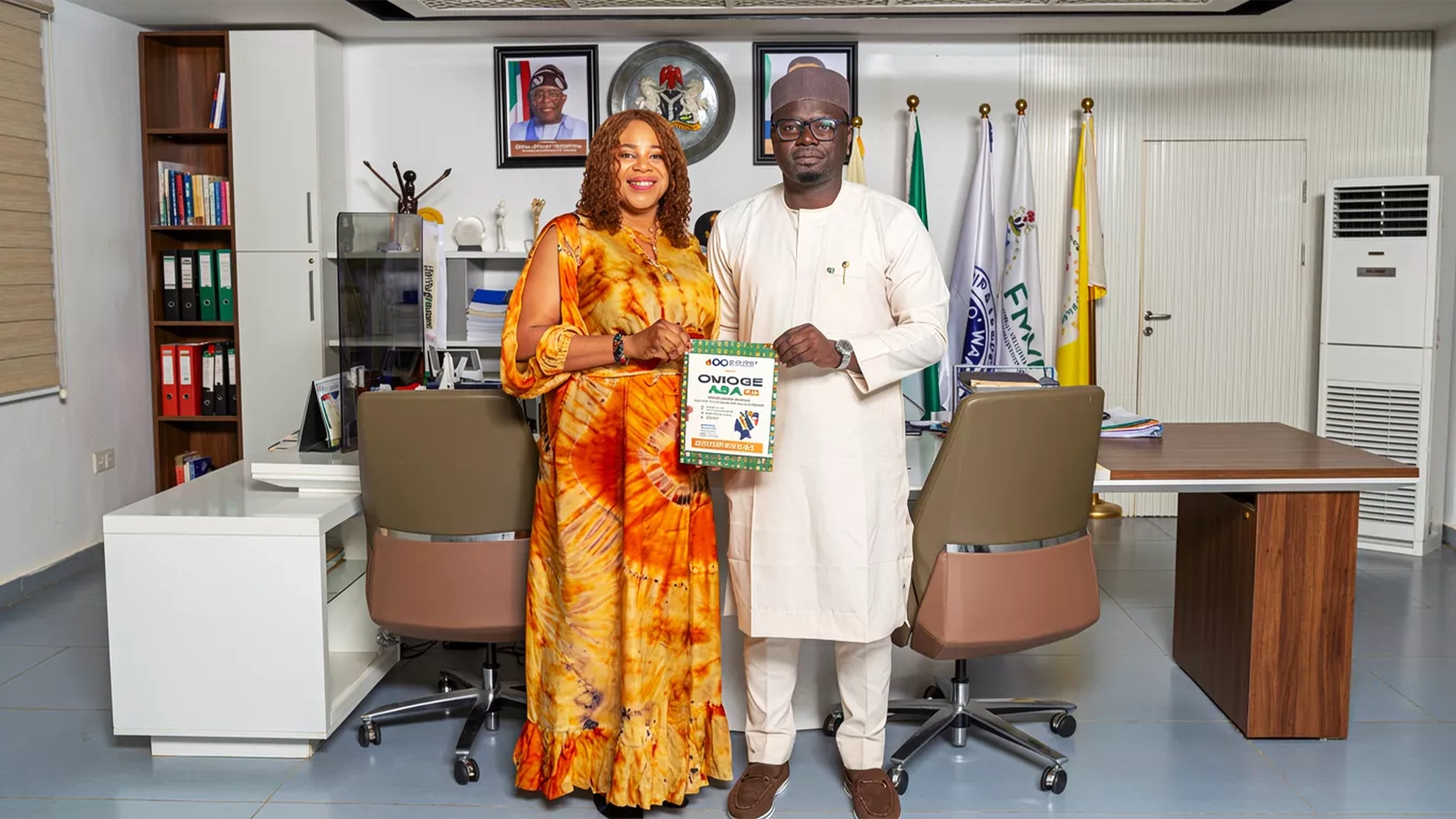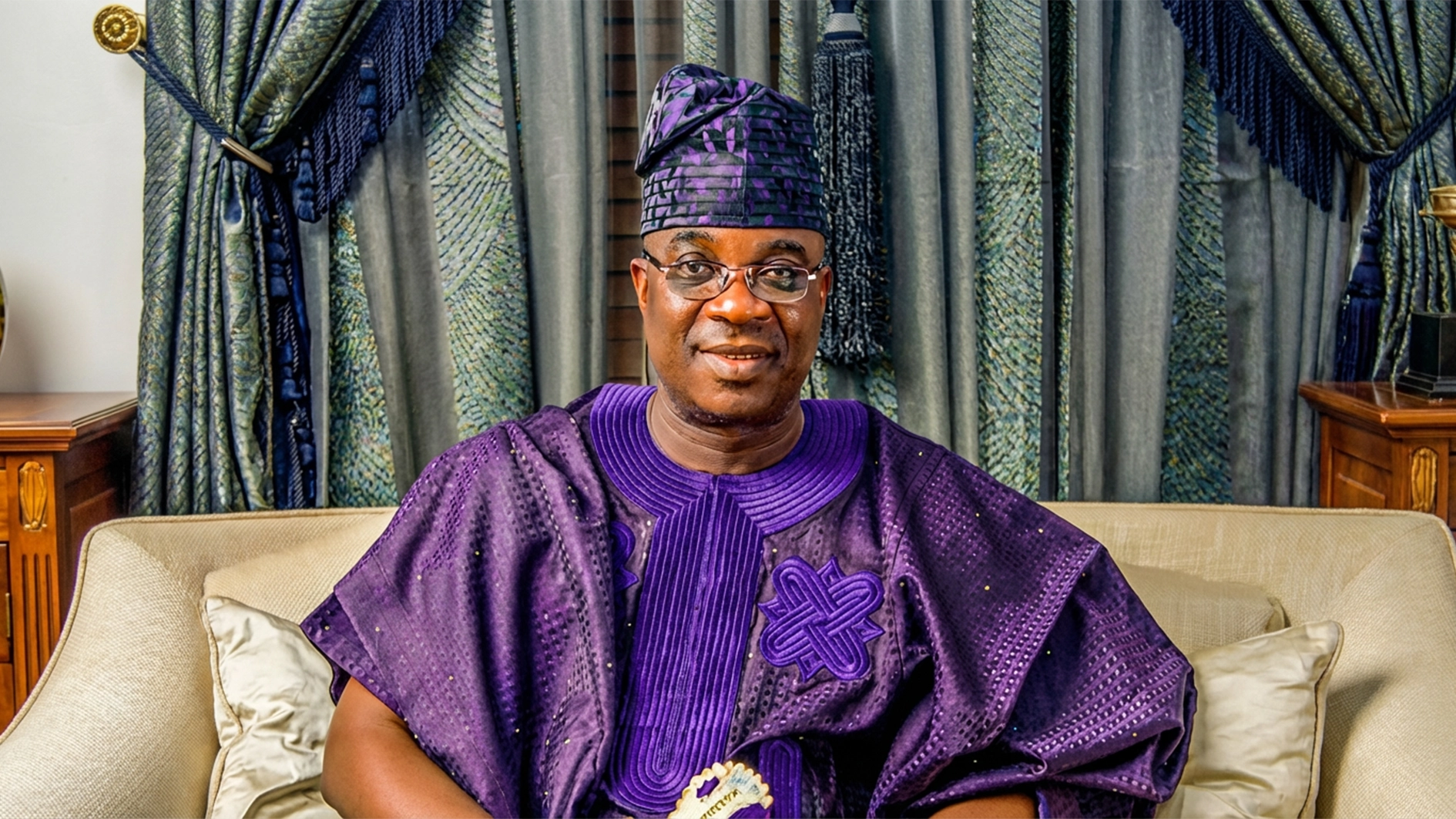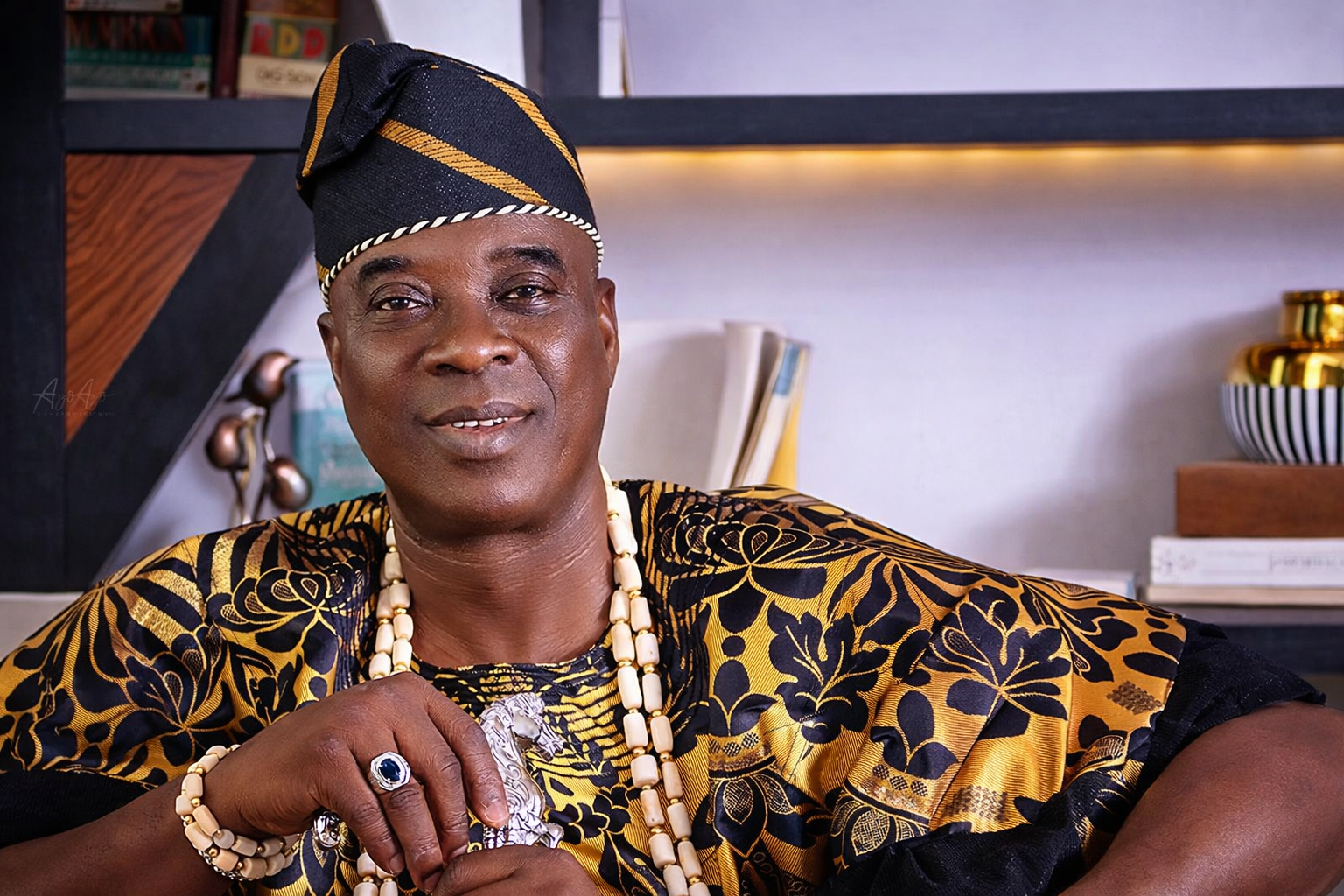The Korean Culture Festival, or K-Fest, a yearly event which celebrates and focuses on modern and traditional Korean culture, was held in Lagos recently. Organised by the Korean Cultural Centre Nigeria, this year’s theme was Myeongdong, meaning “bright town” or “bright neighbourhood.”
At the event, it was all traditional Korean music and dance performances. The first and most remarkable was Samulnori, meaning “four things playing.” It is a Korean percussion music genre performed by four musicians with four distinct instruments: a small gong (kkwaenggwari), a large gong (jing), an hourglass-shaped drum (janggu), and a barrel drum (buk). It is an adaptation of traditional, large-scale outdoor folk music into a stage art, known for its dynamic rhythms, virtuosic performances, and is often accompanied by dance, acrobatics, and song.
The ensemble featured Wi Yeonseung, Moon Doyeon, Park Hyunki, and Jin Seunghun. At the end of the performance, an excited audience roared in appreciation, “Saranghamnida,” meaning “I love you,” and “Kamsahamnida,” meaning “thank you.”
The Consul General, Lagos office of the Korean Embassy, Mr Lee Sangho, said, “Samulnori, a dynamic world of traditional Korean percussion beauty which comes from all foreign communities, is powerful and very much like Nigerian traditional music. There are similarities between our cultures not just in sound but in spirit, and we look forward to having something more collaborative, like a Nigerian-Korean night.”
Also speaking at the event, Lagos State Governor, Babajide Olusola Sanwo-Olu, represented by the Commissioner for Tourism, Arts and Culture, Mrs Toke Benson-Awoyinka, reiterated his administration’s commitment to strengthening cultural diplomacy and fostering partnerships that connect Lagos with the global community.
He noted that cultural exchange remains one of the most potent tools of diplomacy, capable of transcending borders and creating common ground. Sanwo-Olu commended the Embassy of the Republic of Korea for organising the festival and choosing Lagos as its host city, describing the state as the “cultural heartbeat of Africa where traditions from across the globe thrive and connect.”






